Annabel Abbs is the author of The Joyce Girl.
Annabel Abbs grew up in Wales and Sussex, with stints in Dorset, Bristol and Hereford. She has a degree in English Literature from the University of East Anglia and a Masters in Marketing from the University of Kingston. After fifteen years running a consultancy, she took a career break to bring up her four children, before returning to her first love, literature.
The Joyce Girl tells the fictionalised story of Lucia Joyce, forgotten daughter of James Joyce, and is currently being adapted for the stage.
Here’s the synopsis:
The review in the Paris Times in November 1928 is rapturous in its praise of Lucia Joyce’s skill and artistry as a dancer. The family has made their home in Paris—where the latest ideas in art, music, and literature converge. Acolytes regularly visit the Joyce apartment to pay homage to Ireland’s exiled literary genius. Among them is a tall, thin young man named Samuel Beckett—a fellow Irish expat who idolizes Joyce and with whom Lucia becomes romantically involved.
Lucia is both gifted and motivated, training tirelessly with some of the finest teachers in the world. Though her father delights in his daughter’s talent, she clashes with her mother, Nora. And as her relationship with Beckett sours, Lucia’s dreams unravel, as does her hope of a life beyond her father’s shadow.
With Lucia’s behavior growing increasingly erratic, James Joyce sends her to pioneering psychoanalyst Carl Jung. Here, at last, she will tell her own story—a fascinating, heartbreaking account of thwarted ambition, passionate creativity, and the power of love to both inspire and destroy.
The Joyce Girl creates a compelling and moving account of the real-life Joyce Girl, of unrealized dreams and rejection, and of the destructive love of a father.
Get to know Annabel as she talks favorite novels, writing inspirations, research for the novel and much more!
What are some of your favorite novels?
I love historical and biographical fiction (unsurprisingly!). I’m a big fan of Hilary Mantel’s Wolf Hall trilogy, but I also love the novels of Therese Anne Fowler and Paula McLain. I’ve just read The Dragon Lady by Louisa Treger and I have a soft spot for anything by Daphne du Maurier, although Rebecca is my favorite – an underrated classic.
When did you know you wanted to become an author?
Not until I was in my 40s! I grew up with writing parents and I knew the writer’s life was precarious and often difficult. I had a ‘proper’ job for 15 years and then I stayed at home with my children for a few years, scribbling away whenever I could.
What inspired you to write The Joyce Girl?
I couldn’t find out anything about her. She has a hefty biography, but there’s a void at its heart. This wasn’t the biographer’s fault – all of Lucia Joyce’s letters, diaries, medical records had been destroyed. It made Lucia an impossible subject for a biography but a perfect subject for an imaginative work of fiction. Having said that, I couldn’t have written my novel without the biography, as it provided the scaffolding on which to hang her story.
What type of research do you conduct for your novels?
I spend years doing research, much of it reading (biographies, letters, diaries, relevant fiction) and trawling through libraries and archives. For The Joyce Girl I also tried to visit all 120 houses that Lucia lived in before the age of 21 – some in Trieste, Italy, some in Zurich, Switzerland but most in Paris, France. I walked hundreds of her walks – from her schools, dance studios and theatres to her homes, for example. I did these during different seasons and at different times of the day and night. I also learnt to dance in the freeform style she pioneered. I was hopeless, but it gave me a real insight into how she might have felt as she swooped and twirled!
How do you balance fact and fiction when it comes to writing historical fiction?
I try to use fiction only to fill the voids, for example I fictionalised Lucia’s feelings and opinions. We have no idea how she felt about her dancing, her lovers, her family – all we know has been filtered through the voices of others. So I researched and imagined. All the places and events of her life are factual, as are the people in her life. We just don’t know how she felt about them and it’s not always clear what happened between them. After she became ill, many people cut her out of their lives. And yet she continued to talk about them. I decided to treat her words as fact, despite some onlookers claiming she wasn’t of sound mind. Why should we believe them and not her?
What are you currently reading and what’s on your TBR (to be read) list?
I’m currently reading Parisian Lives by Deirdre Bair, which is a clever weaving of her own life as a biographer with that of two of her subjects: Samuel Beckett and Simone de Beauvoir. My TBR pile is too embarrassingly high to reveal… but it includes a book about insomnia and the latest novel from Naomi Wood (author of Mrs Hemingway), The Hiding Game, set in 1930s Germany. Oh, and top of the pile is The Mirror and the Light by Hilary Mantel. At 800 pages, it may be there for some time…
Click here to order the book Amazon. You can also support your indie bookstores by ordering The Joyce Girl on Bookshop.
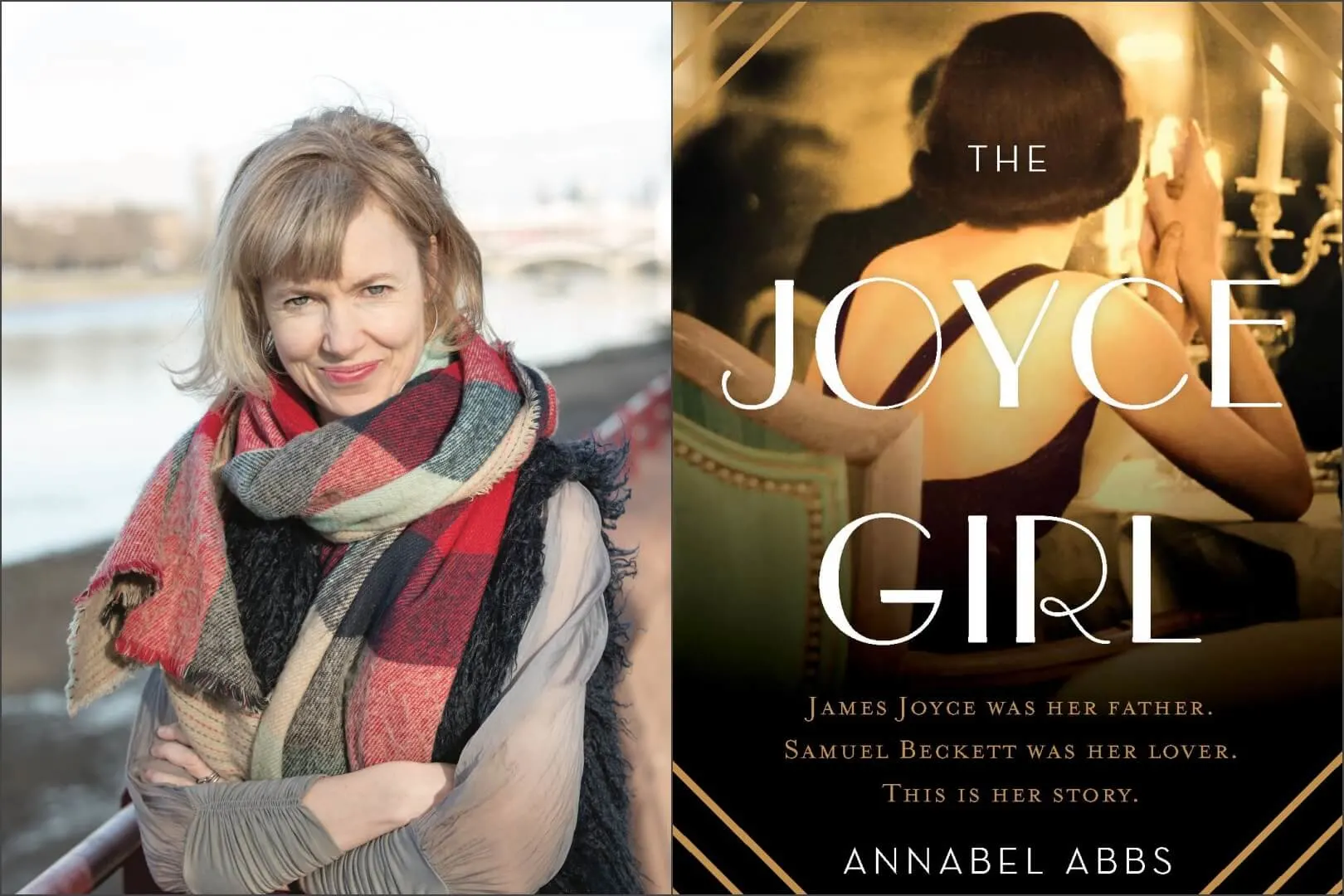
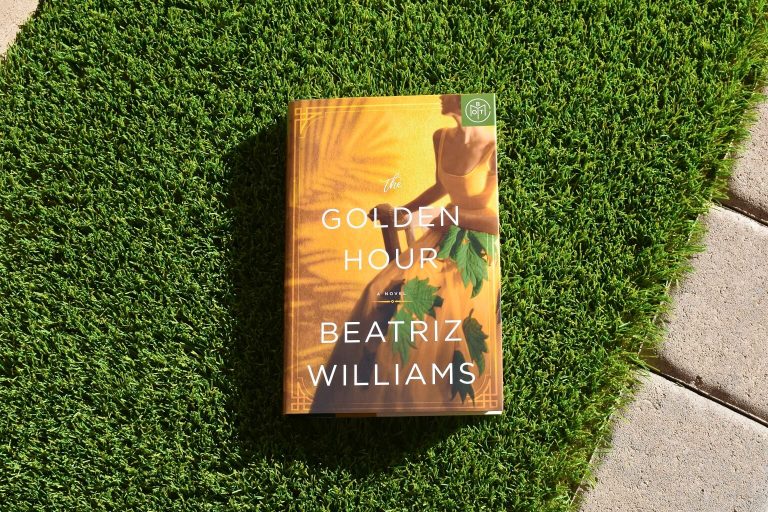

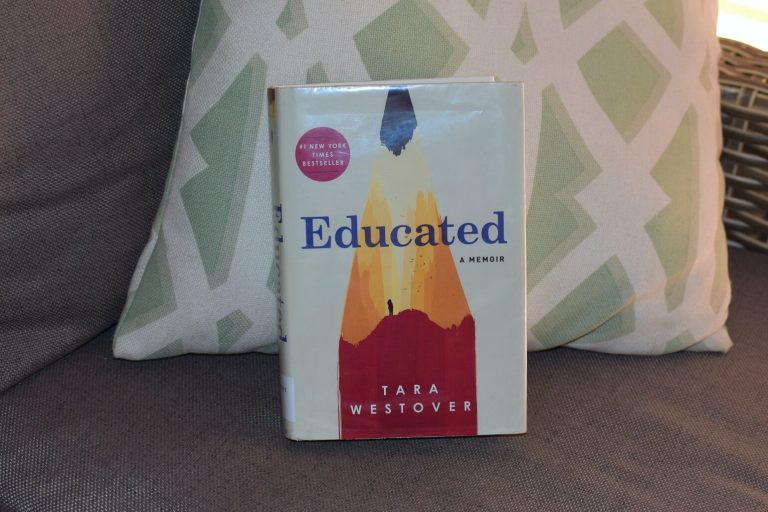
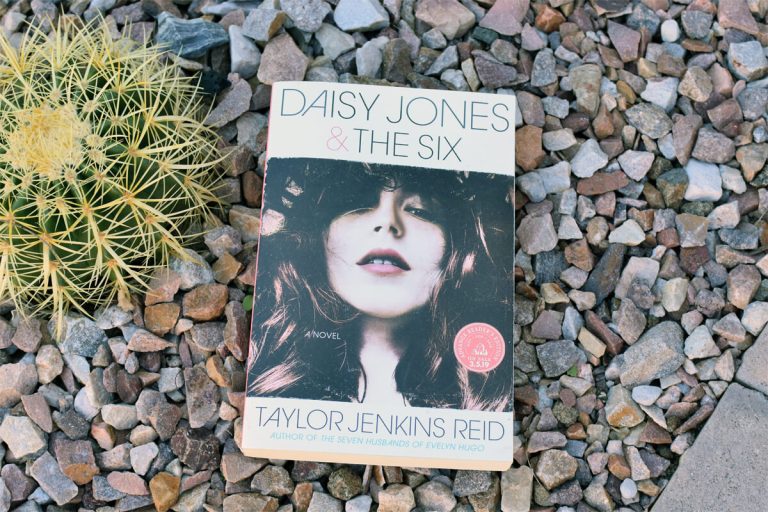
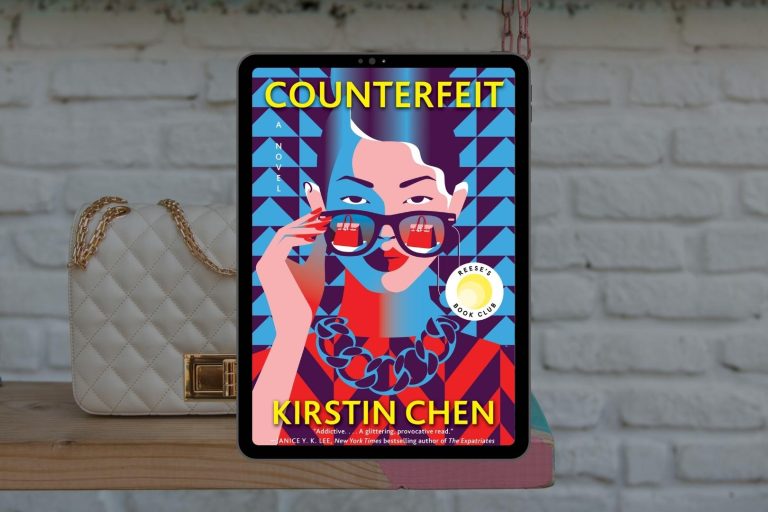
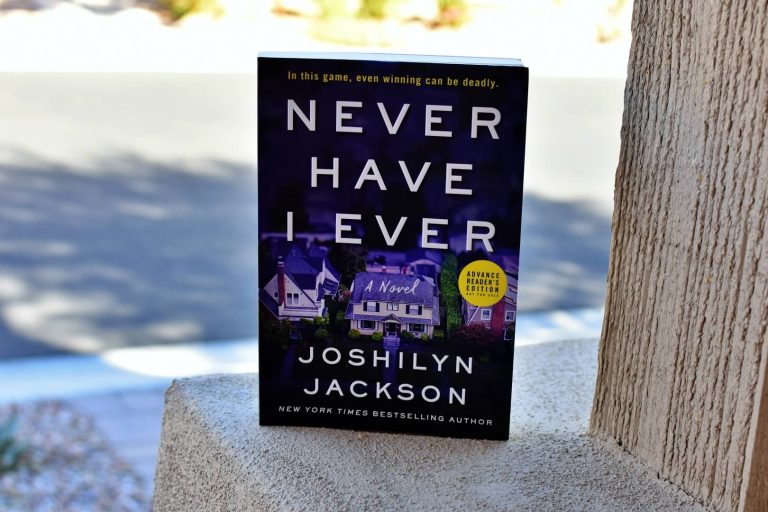
SARAH SLUSHER
Sunday 31st of May 2020
What a great interview! I haven't heard of this book but it sounds really intriguing.